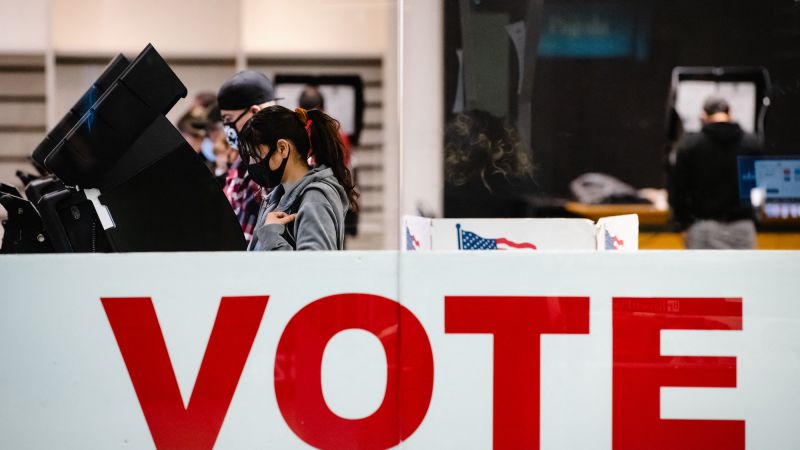US presidential election years do have an impact on investor portfolios, but the long-term consequences are minimal at best. A recent analysis by TIAA found that out of the 24 presidential election years since 1928, only four had negative returns, which were largely due to seismic events such as the Great Depression and the Great Recession. Despite these negative returns, the long-term average performance of a moderate-risk portfolio remained relatively stable, with an average annual return of 8.7% during presidential election years.
Even when looking at shorter time horizons and focusing solely on stocks, the trend remains consistent. The S&P 500 has generated an average return of 7% during presidential election years since 1952, and this average increases to 12.2% when the incumbent president is running for reelection. This pattern is believed to be due to the incumbent priming the pump with fiscal stimulus and pro-growth regulatory policies to encourage job growth and stave off potential recessions.
Predicting how the markets will react in the short term to this election year, regardless of the winner, is challenging due to the higher levels of volatility that come with election years. However, the longer-term consequences in the markets are even more difficult to gauge. Investors are encouraged to base their decisions on fundamentals, such as economic growth, corporate profits, and inflation, rather than on election results. The makeup of Congress will also play a significant role in how policies are implemented, regardless of the president’s promises.
No one can consistently time the market or predict the future, so diversifying across different asset classes and sectors while investing conservatively is always a sensible approach. Anxiety about the election outcome or predictions about market reactions should not drive investment decisions. Consult with a financial adviser to ensure your current allocations align with your goals and risk tolerance, or simply maintain your current strategy. Behavioral psychologist Daniel Crosby warns against making investment decisions based on strong emotions, as fear or elation can lead to panicking or taking unnecessary risks.
In conclusion, the historical data suggests that while presidential election years may bring increased volatility, the long-term impact on investor portfolios is generally minimal. Economic and inflation trends have shown a stronger relationship with market returns than election results, emphasizing the importance of focusing on fundamentals. To navigate uncertain times, it’s essential to stay diversified, consult with professionals, and avoid making decisions based on emotions.













